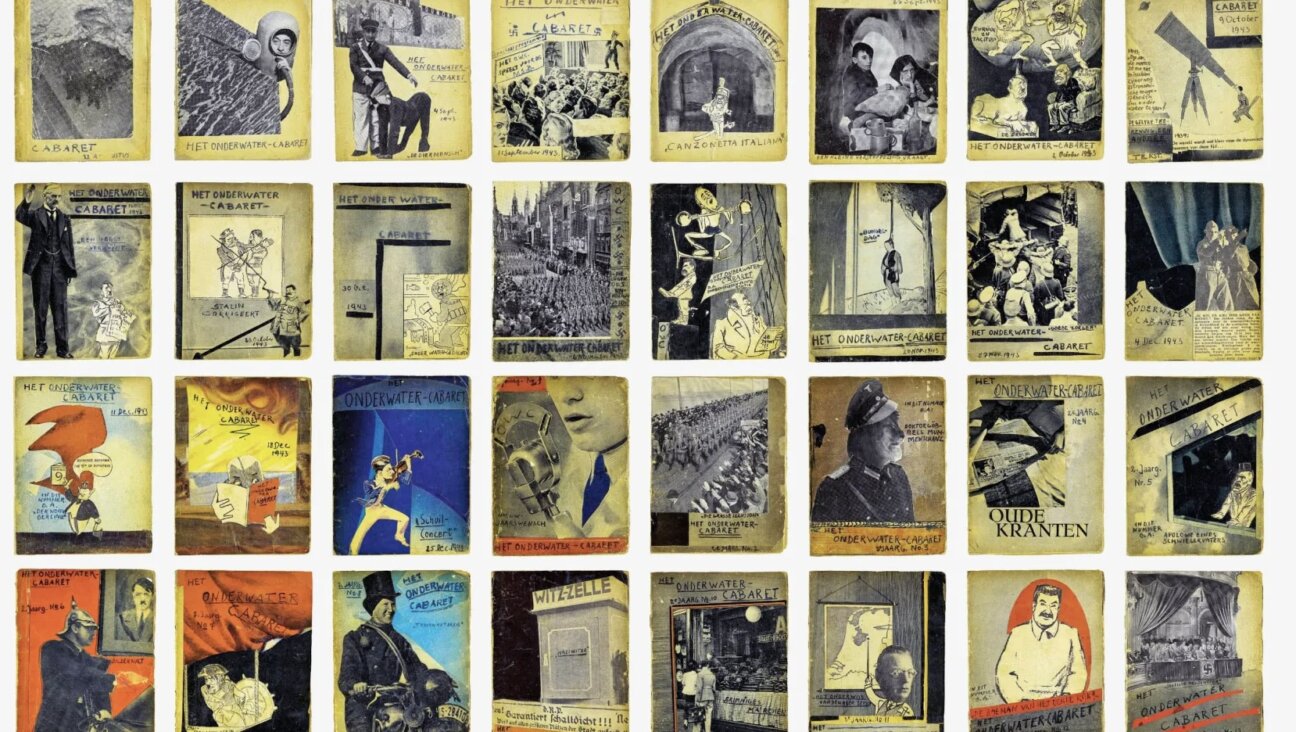The End of the World as We Know It
Lenny Bruce Is Dead
By Jonathan Goldstein
Counterpoint, 193 pages, $13.
Lenny Bruce died in 1966 at the age of 40, from a morphine overdose in his home in the Hollywood Hills area of Los Angeles. Like Elvis would a little more than a decade later, Bruce died in the bathroom, which is both funny and sad — and altogether 20th century. Neither notable appears in Jonathan Goldstein’s wonderful new novel, “Lenny Bruce Is Dead.” And that’s the joke, if you get it. If you don’t, I wouldn’t worry: It’s not worth it; and that’s the joke, too.
Brooklyn-born Goldstein, a regular contributor to Public Radio International’s “This American Life” and author of the nonfiction book “Schmelvis: In Search of Elvis Presley’s Jewish Roots” (ECW Press, 2002), has set his first novel in an irredeemably scatological mind. Having tuned in the recent American glut of nostalgia for the 1980s, he gleefully flushes all expectations down the pipes.
“Lenny Bruce Is Dead” is a series of routines, straight out of standup, that follow the ups and downs of the life of a representative mensch named Josh, resident of the unidentified suburbs, created in the image of God and, for all that, impressively bummed out. In one paragraph, Josh is a child; in another, he’s an adolescent with a masturbatory habit that would impress Alexander Portnoy; in the end, he’s a depressed half-failure. What define him are his habits, conspicuously consumptive and occasionally desperate. He’s a fan of the soft-rock group Air Supply; he fantasizes about making love to Sharon Stone; he works the fryer at the local Burger Zoo. He aspires to pop Hasidism Kabbalah (Popalah?) and settles for hand jobs.
A collection of dirty jokes told in the back of synagogue during the Mourner’s Kaddish, a manifesto for the sound bite poetics of the Diaspora suburbs, a pickup line addressed to a nonexistent God who is also an absent father we don’t know too well, but still insist on calling by his first name, “Lenny Bruce Is Dead” is one of the most aggressively weird and uproariously entertaining novels to appear in and on the Jewish world in quite some time. Underneath its wonderful “iffy” and hilariously slick surface — “If there is going to be a film about my life, there should be a scene where I fall off the couch in my sleep”; “If my father was Lou Reed’s father, Lou Reed would have been dead by now” — what speaks deepest is an enormous sense of alienation from the debauched meaningfulness of the liberal Jewish 1960s and ’70s, and a critique of what is spun to us today as the utter vacuity of living suburban Jewish lives, kept from messianic revolution (or at least from lasting change) by dint of our own appetites.
Once Goldstein’s comic smoke clears, Generation Josh lies exposed in all its privileged ruin. It often seems that modern suburban Jewish lives differ from the modern suburban lives of anyone else — that of the Indian pediatrician down the block, those of the Dominican-lawyer couple — only in the way they have been dressed up, cosmeticized and hairsprayed into books such as this one. Goldstein doesn’t hold the Jews to any higher accountability for American nihil. He doesn’t approach the developments as a fall from paradisiacal grace. He says only that someday, we will all laugh about this, just as the German Jews laughed at the Jews from the Pale of Settlement, who were brought together only by laughter at those just off the boat. In Goldstein’s world, we’re all greenhorns, still — green with memory envy, and horny as hell. If you were wondering, “Lenny Bruce is dead” is a Bob Dylan lyric that Goldstein never credits, one of the worst ’80s albums of Robert Allen Zimmerman, and someday, the awkwardness of exile will hurt just a little bit less; give it time.
Joshua Cohen is the author of “The Quorum” (Twisted Spoon Press) and the forthcoming “Cadenza for the Schneidermann Violin Concerto” (Fugue State Press).















